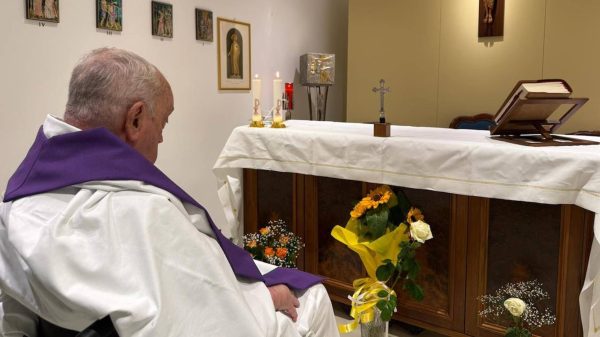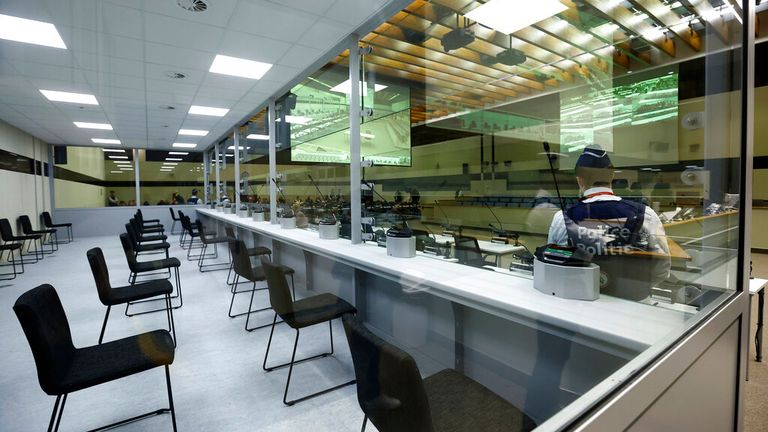Six and a quarter years after terrorist attacks left a legacy that left behind death, injury, and shock, Belgium launches the largest criminal trial in its history.
Ten people will be charged in relation to the March 2016 murder of 32 people. Bombs were detonated at Brussels Airport, then the metro train passing through the European quarter.
This was the most devastating attack on Belgium since the Second World War. It prompted protests, vigils and border checks, inquiries by parliament, and even partial evacuation of the country’s nuclear power plants.
Salah Abdeslam will be the prime suspect in this trial. He was convicted in France in 2015 for his role in the terrorist attacks on Paris that resulted in 130 deaths. He was sentenced without parole to life imprisonment.
Nine of the nine defendants will appear in court. Oussama Atar, a tenth defendant, will be present in court, although it is suspected that he was killed in Syria.
Abdeslam was one of five defendants convicted by French courts. However, they now face additional punishment from the Belgian authorities. All of them are accused of being involved in both attacks and of operating for the Islamic State.
Continue reading: Brussels terror-How the attacks unfold
Belgium terror suspect killed officer after making unhinged comments at a police station’
A jury will hear that a terrorist cell based in Brussels planned to attack the European Football Championship tournament in France later in 2016.
It will be claimed that they altered their plans after Abdeslam’s arrest on March 18th, following a Molenbeek police operation.
The cell attacked Brussels four days later and the murders started at the airport.
Three men are seen pushing three trolleys through the departures terminal in CCTV footage shortly before the explosions. According to the prosecution, each man was carrying a bomb but only two were set off by suicide attackers.
They will claim that the third man was Mohamed Abrini. He was popularly identified as “the man with the hat” in a CCTV photo released by police following the attacks. He will tell the jury that he was a friend of Abdeslam’s since childhood, and that he too was convicted in France.
The chaos and fear caused the airport to be evacuated. Just an hour and a half after the airport explosions, another device went off in the middle carriage on a train at Maelbeek Metro Station, near the headquarters of European Commission.
Three terrorists were also killed in the attack, along with 32 victims. More than 300 people sustained injuries, with 62 critically. A young Belgian woman who was in the airport at that time decided to end her life due to the “intolerable” psychological strain it had caused.
Charles Michel, the Belgian Prime Minister at the time, and the President of the European Council now, described the attack in blinding, violent, and cowardly.
The trial will take place in Brussels’ former NATO headquarters building. Although millions of pounds were spent to create facilities that could host such a high-profile case, it was delayed by objections regarding the “glass box” that would be used to house the defendants.
Victims and their families complain that justice has not been served in time. Instead, the focus has been on the perpetrators rather than the victims.
Belgian authorities claim that the process of bringing defendants to court is extremely complicated, both logistically and legally, and can take many years to deliver justice.
As possible candidates for either understudies or jurors, around 1,000 people were called. The process is complete and the trial will begin. The trial is expected to last well into 2023 and cost approximately PS30m. After so many years of waiting, Belgium hopes it will finally bring closure and justice.





















